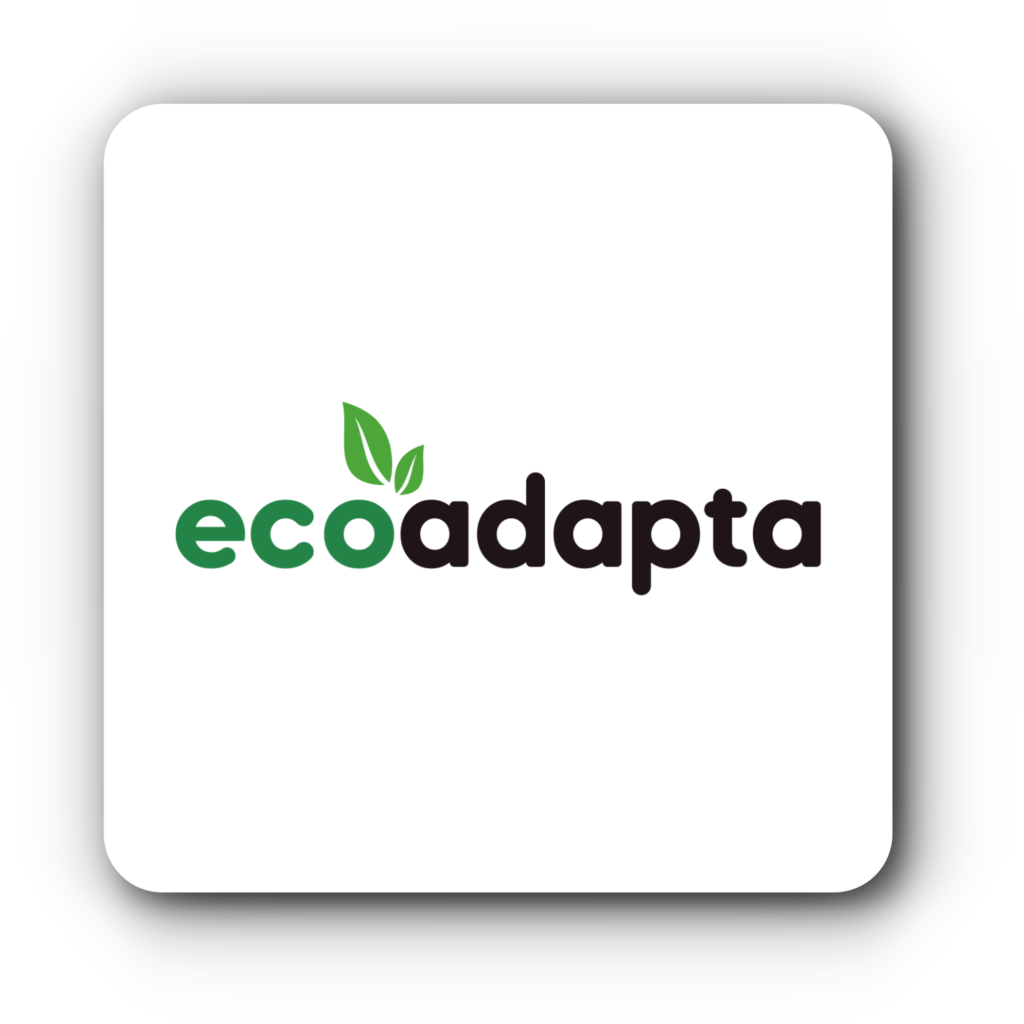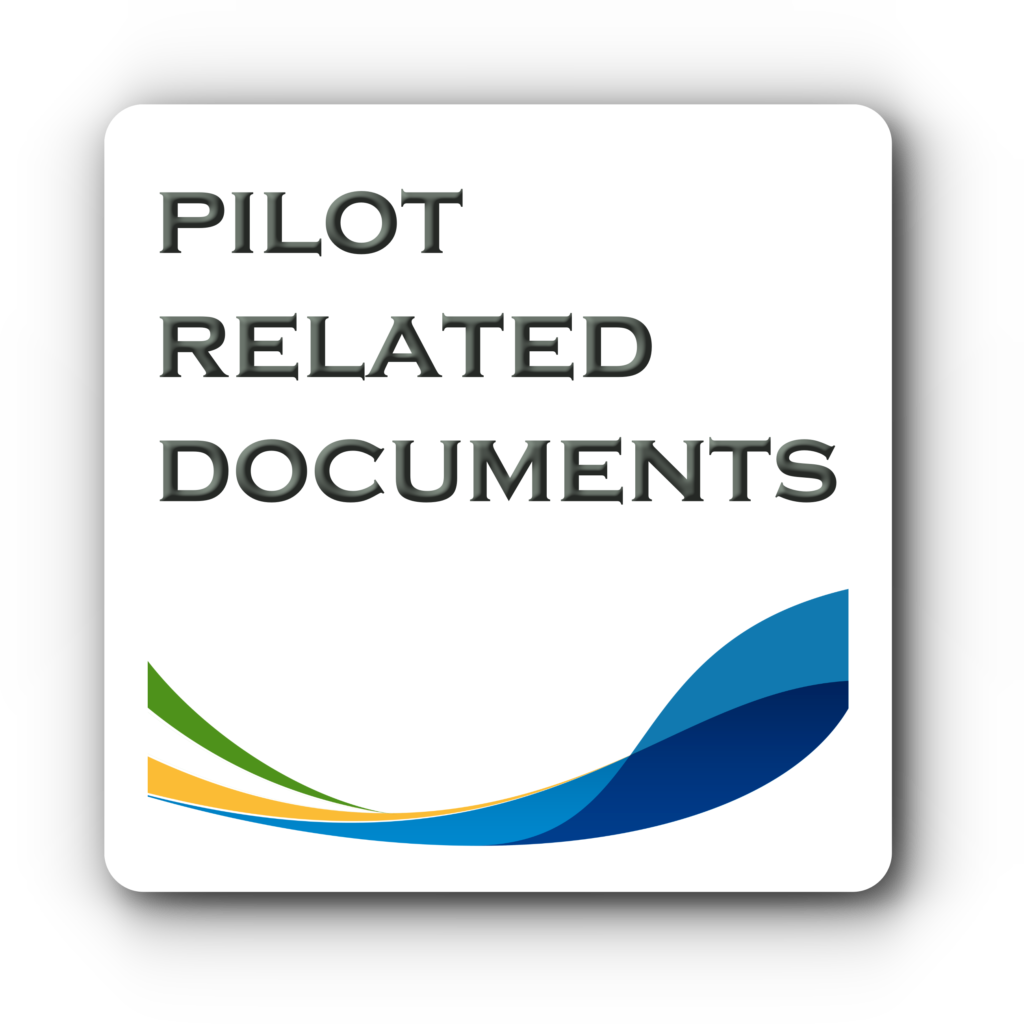Doñana region (Spain)
WHY?
Doñana region is home to one of the most important wetland across Europe in terms of biodiversity conservation. Currently, the area suffers from strong tensions due to the competition for water resources between intensively irrigated berry crops (largest berry production area in Europe) and the Doñana marshlands, which depend on the same aquifer.
In last decades, berry crops cultivated in greenhouses or under plastic cover have extended across the surroundings of the Doñana marshlands National Park. The main crop is strawberry, although other crops such as blueberry, raspberry or blackberry also cover significant areas. This process is having negative effects on the conservation of the Doñana natural area, mainly due to:
i) Intensive groundwater abstractions, which are reducing the contribution of water from the “Almonte-Marismas” aquifer into the marshlands. The yearly sustainable groundwater resources availability for agriculture ranges between 22.7 and 31.4 hm3 and annual water consumption has been quantified in the range between 35 and 45 hm3, quite above average sustainable resources, which explain the impacts being currently observed.
ii) Transformation of forest areas and land occupation into key areas for the connection of Doñana with other natural areas.
The area lacks an integrated nexus approach in the resource management. This could be extremely useful to reach a wide consensus on the best strategies towards a sustainable use of natural resources in the area and ecosystem conservation.
WHAT?
We think that several of the planned developments in LENSES are very relevant to this pilot:
- We are particularly interested in using the participatory SDM approach, coupled with an Agent-based model, capable to simulate the actual agents’ behaviour (e.g. farmers and the illegal exploitation), and how this behaviour propagates in a community (WP4).
- Also, policy scenarios and policy institutional analysis are relevant inputs to this pilot (WP2)
- Visioning exercises and the application of the Learning Alliance concept are also important to facilitate the integration of scientific and practical knowledge, as well as the identification of key points for consensus and optimal adaptation pathways (WP2)
We are also interested in:
- The use of the SWAT-ICZ model to ecosystem functions and the WEF nexus (Task 5.4). Two key stakeholders in the region are the Biological Station of Doñana (dependent on the Spanish national Research Council) who is working on ecosystem services valuation and the Spanish Geological Survey who has just produced a high fidelity groundwater model (they provided a letter of commitment to LENSES). We think we could be in a good position to replicate what is developed in the Greek Pilot.
- The analysis of potential of NBS in the region (WP5, WP6)
INTENDED USE
Consensus or near consensus (in terms of needed commitments) of best options/ desired pathways to reach a more sustainable use of natural resources in the area.
Related to this aim, we ae interested in contributing to:
– Developing and establishing mechanisms for a strong participation of a wide range of stakeholders in water resources management and natural areas conservation
– Incorporating ecosystems dimension in water resources management of the areas
– Analysing potential of economic alternatives to intensive agriculture, e.g. eco-tourism.
– Help creating a more resilient system to expected climatic changes
WHO IT WILL BENEFIT?
We aim to involve a wide range off stakeholders from public institutions (regional government, water agency, municipalities) to NGOs (e.g. WWF), consumers and supermarkets (e.g. SAI initiative), also involving main water users (Irrigators Associations), scientists (Doñana Biological Station, IGME), businesses (e.g. eco-tourism) and public society.
If successful, this pilot could have a significant positive impact on the region’s natural resources sustainability.
WHAT CAN WE OFFER TO OTHER PILOTS?
We are very committed to participate in the mutual learning activities planned for WP2 and exchange with other pilots.
We can offer to act as a frontrunner pilot in some activities (e.g. PSDM) and support its transferability to other pilots


